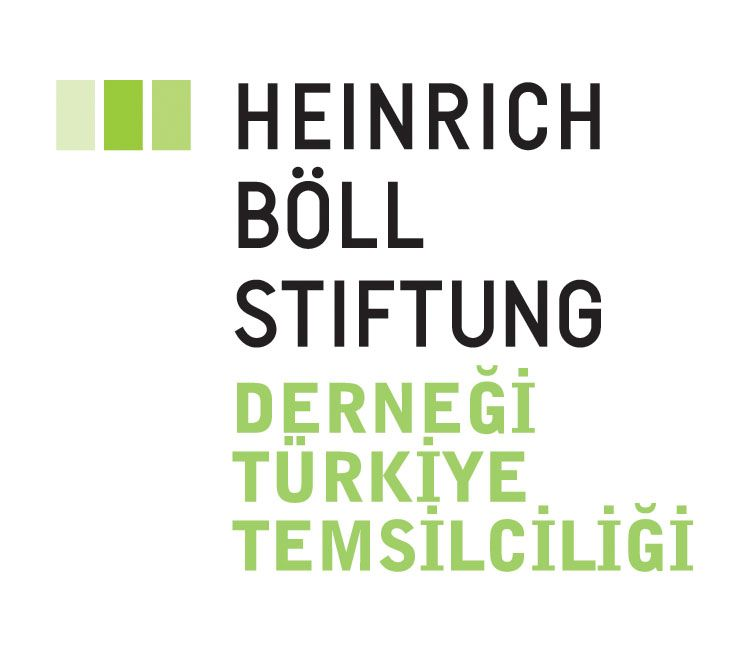
How should we conceptualize the last two decades of Turkish foreign policy? How a Western oriented foreign policy transformed into anti-Westernism? How did it move from a zero-problem-with-neighbors approach to an expansionist foreign policy that produces tensions with almost all its neighbors? What were the basic parameters of the transformation from a trading state model to an ideology-spreading state model?
If one way of answering all these questions is to look at significant upheavals and changes in the global system and the accompanying regional developments, the other is to look at changes at the domestic level. Indeed, neither the structure of the international system nor systemic factors are sufficient to explain the specific choices of the Turkish political elites. Domestic factors largely determined which options were chosen and which path was taken. These domestic factors undoubtedly contained many variables ranging from institutional structue to decision-making styles, from leadership to regime type.
For example, the relationship with Russia was not just a response to the changing balance of power in the region. It was also the result of similar leadership styles and survival aspirations of the incumbent regimes. The hawkish rhetoric of foreign policy was not only a response to regional developments but also a strategy to win the elections and a reflection of Turkey’s domestic problems, such as the Kurdish question. Increasing militarism was not just an imposition or necessity; it was also a model of economic development. The mistakes made were not only the result of uncertainty in the system but an also outcome of also foreign policy deinstitutionalisation parallel to deinstitutionalization happening everywhere in the country.
In short, almost all the decisions taken by Turkey in foreign policy have been shaped by the country’s institutions, economy, and politics. But undoubtedly, the critical transformation that will help us understand the last 20 years is also about analyzing foreign policy as a battleground where different political constructs and cultural identities compete with each other. Specifically, in the last decade, foreign policy has become the site where the battle for more representation, both inside and outside, has been going on.
Foreign Policy as the Battleground of the Crisis of Representation
Transforming foreign policy to a site in which the battle for representation takes place has not only happened in Turkey. Populist movements that gave color to the first quarter of the 21st-century have challenged the established power relations and political hierarchies both at domestic and global levels. On the one hand, these movements tried to bring voters to the center, who are alleged to be excluded from the existing political, economic, and/or cultural power at the domestic level and therefore deprived of “authentic” political representation. On the other hand, they demanded more status in the world for their nation (and its newly formed identity) in the name of the power of the masses they bring to the center. They objected not only to the established national institutions but also to how international politics are done. In this way, they transformed foreign policy from a vertical conflict area where international actors compete to a horizontal conflict area where internal tensions are carried out.
In other words, at the beginning of the 21st century, foreign policy ceased to be an area practiced only by different governments, based on the idea of a “national interest” that the nation (more or less) shared no matter what conflicts broke out inside. The foreign policy arena has become a battlefield where international alliances are built based on national identity imaginations, and these alliances, in return, fortify national identity imaginations.
Conservative vs. Secular Foreign Policy
Lisel Hintz, in her work on the relationship between national identity and foreign policy points out that we need to understand foreign policy as a space for internal tension to move outward. Accordingly, foreign policy is neither a factor that constructs national identity nor is it a result of definitions of national identity alone. It is an area where different national identity imaginations are imported and collide. Just like inside, the outside is a political rivalry area where different identities compete, and the political and emotional polarization of the country is directly reflected.
The secular-conservative cleavage and the different national imaginations of this cleavage shapes not only Turkey’s identity but also its geography. Turkey is either thought to be deprived of the Middle East or is seen as being too Middle Eastern; it is either too close to the Western alliance or too far from the Western alliance. Even in the debate on whom Turkey should open its borders too, this divergence determines attitudes and thus shapes Turkey’s immigration policy.
On this level, foreign policy is at least as daily here as the alcohol debate. It is an essential component of kulturkampf with all its practices. The internal polarization dynamics and the transfer of cultural/political distinctions to foreign policy in this way inevitably makes foreign policy one of the main arteries in which hegemony is established and maintained.
Is it a New Era?
There is now a consensus among experts in the field that domestic politics shape foreign policy and that we cannot understand foreign policy without understanding domestic factors. It has become almost part of our everyday political language, where opportunistic leaders use (or create) foreign policy crises to win elections and consolidate their power at home. The most recent example we have discussed is the Russian invasion of Ukraine, where institutional disintegration and the personalization of the regime have led to adventures abroad, keeping leaders from (genuine) sources of information.
But as I pointed out in this piece, foreign policy is not simply an outcome of domestic factors (intentended or uninetnded). It is a battleground where national values and institutions are built and cultural differences are reflected. It is another founding area where the crisis of representation and the internal struggle for legitimacy is debated and sometimes resolved.
The Covid-19 outbreak and the Russian invasion of Ukraine have further increased the effects of this culture clash (both centrifugal and centripetal) and strengthened the global rift. Moreover, economic and political competition was inextricably linked with the moral and cultural competition. In these new forms of competition, “new” elements such as the family, the place of women in society, sovereignty, nationalism, the relationship established with nature, and nativism took the distinctive position that democratic values had in the past. These values have replaced globalization with global culture war that unites political parties of the right with a common agenda.
We are at a new breaking point in this cultural conflict. It may color the ongoing kulturkampf of Turkey.

Prof. Dr. Evren Balta, Özyeğin University
Evren Balta is an International Relations faculty member at Özyeğin University. She holds a PhD in political science from The Graduate Center, CUNY (2007). Her latest book, “American Passport in Turkey”, co-written with Özlem Altan Olcay, received the International Academic Award of the American Sociological Association and the Best Book Award in Global and Transnational Sociology. Prof. Balta is a senior academic at the Istanbul Policy Center and the academic coordinator of the TUSIAD Global Policy Forum.
To cite this work: Evren Balta, “Domestic-Foreign Policy Nexus and Foreign Policy as Kulturkampf” Panorama, Online, 2 August 2023, https://www.uikpanorama.com/blog/2023/08/02/eb-2/

This article has been prepared with the support provided to the International Relations Council and the Global Academy by the Heinrich Böll Stiftung Association Turkey Representative within the scope of the project titled ‘Foreign Policy for the 21st Century; Peaceful, Equitable, and Dynamic Turkey’.
Copyright@UIKPanorama. All on-line and print rights reserved. Opinions expressed in works published by the Panorama belongs to the authors alone unless otherwise stated, and do not imply endorsement by the IRCT, Global Academy, or the Editors/Editorial Board of Panorama.


